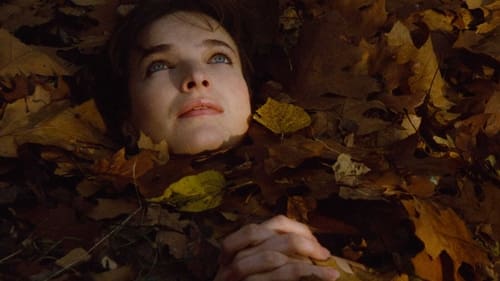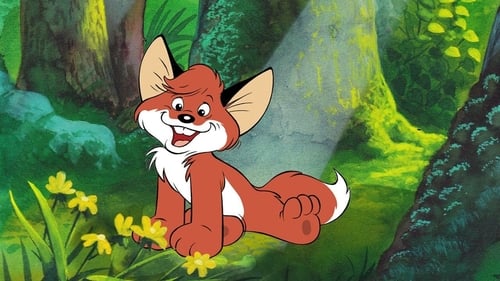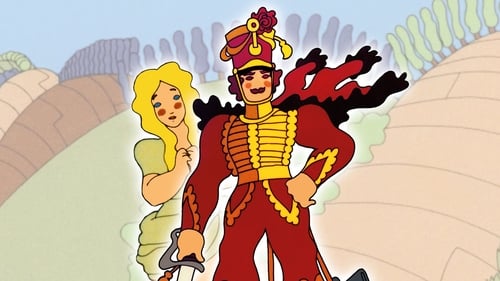Erzsébet Kútvölgyi
Nacimiento : 1950-11-04, Budapest - Hungary

Ilus néni
People say the true love lasts longer than life, but they don't mean it, and they are right: love ends when life does, except if it isn't.

Kemény Katalin

The lifelong friendship of Edith Piaf and Marlene Dietrich.

Erzsi
A continuation of "Diary for My Children," the film picks up in 1950, when Juli, the diarist, is 18 and determined to become a movie director.

Aunt
Film about the Holocaust. A Jewish family is allowed to keep the flat they have always lived in and to live a relatively normal life. One day their 10-year old son disappears. He has been sent to a deportation camp which seems like paradise except that the inmates are being used for medical experiments.

Mesélő (voice)

Lady Macbeth
A Hungarian TV version of the play shot in just two takes.

Róka lány
Vuk es el pequeño de una familia de zorros al que su madre acurruca con sus hermanos para el descanso nocturno, mientras el padre aprovecha la oscuridad de la noche para salir a cazar. El pequeño Vuk siente curiosidad por saber cómo se las compone su padre para conseguir el alimento que los sustenta... y sigilosamente abandona la madriguera para seguirle. Esta travesura hará que se pierda en el bosque y le salvará de una muerte segura, pues el implacable humano ha dado con la madriguera del zorro acabando con sus padres y hermanos. Triste y solo en el bosque, Vuk tiene la suerte de encontrar a su tío Karak, quien se hará cargo del pequeño enseñándole todo lo necesario para subsistir y previniéndole de la maldad del humano, que no mata sólo para sobrevivir sino también por placer...

Lackó

Adorján Zsuzsi
Winter of 1944, the last days of the war. When the roads and houses ceased to exist and the bottom of the cellars become filled with life, when fortunes were lost and countries burned up, her used coat was only important to Mama, the cloak-room servant of a local dance-school. Her son stole it to sell it for twenty pengő. He did it because Aranka Fussbaum's love cost money. There is no honour left in such a destroyed world. Yet still they start looking for that coat... (Elemér Ragályi won Best camera with this movie in Montreal, 1979, and in Budapest, 1980.)

Zsófi nõvér
After the breakup of the Austro-Hungarian Empire, a young Hungarian, wanted by the police for political crimes, escapes to just this side of the Austrian border. When he discovers that his escape contact has been shot, he disguises himself as a woman and, posing as a maid, takes refuge at a tuberculosis sanatorium. He lives there as a woman for the entire winter before resuming his journey in the spring.

This documentarist film is about a juvenile delinquent's unsuccessful after-education. Two prospective psychologists decide to patronise Barta Jancsi. They visit him in prison and get him accommodation and a job, not sparing their time, energy and money, in order to isolate him from his ex-accomplices.

Szabó Jutka
Jutka, a young woman who works in a factory, falls in love with Andras, a university student. She pretends to be a student, to him and to his parents, and begins to live a lie. Finally she rebels against Andras and his demands and the social conventions that forced her to live a lie.

Királylány (voice)
A traditional Hungarian poetic fairytale that describes the epic adventures of a young shepherd through love, war, magic and death.

This poetic film presents the ballad of the boys who turned into stags, by the associative means of music, painting and folk art. At the same time it is a memorial to the martyrs of the 1944 Sátoraljaújhely prison revolt and shows its butchery reflected through the fate of three brothers.








